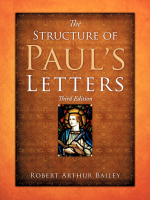
Soon after retiring in 1997 from a distinguished professional career as an actuary, Robert Bailey turned his attention to a "first love," the Pauline epistles. As a young adult, he learned Greek before enrolling at Fuller Theological Seminary for a term (he left to support a family, including six children). More recently, he attended Calvin Theological Seminary in Grand Rapids, Michigan. The Structure of Paul's Letters represents a fulfillment of Mr. Bailey's personal quest to explore again the grounds of his lifelong faith which he shares with other adults as a lay Bible study leader at St. David's Episcopal Church in Lansing, Michigan.
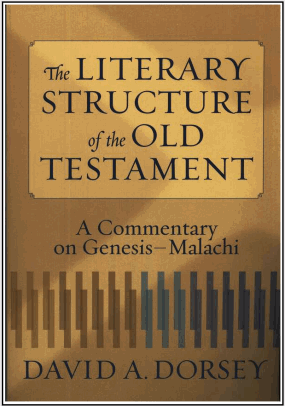
The Literary Structure of the Old Testament is an outstanding reference work. It is the first comprehensive treatment of chiasmus of the Old Testament books, and its significance for understanding their meaning and message. The Hebrew authors conveyed meaning and emphasis by the way they structured their writings according to ancient Near Eastern methods. Most modern readers are not aware of this, and thus, this volume will be pivotal to their understanding of the Hebrew Scriptures. The purpose of this work is to encourage renewed interest in this promising and important aspect of structural analysis.

Far from the scissor and paste notion of modern biblical criticism of Mark's Gospel, the author argues for Mark's master craftsmanship of rhetorical form by employing literate compositional art. The book documents the chiastic structure for the entire Gospel of Mark, divided into nineteen narrative complexes. Preaching Mark is a concentrated reader-response commentary on the Gospel of Mark that examines the Gospel's strategy of composition in light of first century rhetorical conventions. It offers a comprehensive chiastic analysis of the Gospel text directed to the purpose of recovering Mark's voice amidst the on-thing-after-another of his Jesus story.
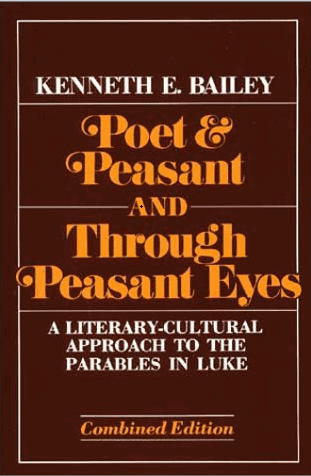
This work is a combined edition of Poet and Peasant and Through Peasant Eyes. Both of these works are Kenneth Bailey's intensive studies of Luke's parables. The author draws on more than twenty years of experience with Middle Eastern peasant culture in his study of the literary structure and cultural milieu of sixteen of Jesus' most significant parables in Luke's Gospel. Bailey offers an analysis of their literary structure, most notably based on chiasmus. Through its combination of literary and cultural analyses, his study makes a number of profound advances in parabolic interpretation.
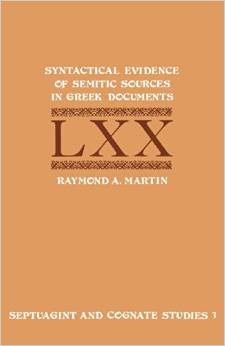
The chiastic reading of John 13--17 presented in this study results in an interpretation of the farewell discourse that addresses a number of important issues in Fourth Gospel studies. It offers, for instance, an intelligible role for the repeated "love command," showing it to be part of the chiastic framing and centering of the discourse as a whole. Furthermore, it highlights the significance of the vine and branches teaching in John 15:1-17, allowing it to stand prominently as the turning point around which the discourse is built, and using its metaphor as the guiding principle by which the rest of the teachings of the discourse is built, and using its metaphor as the guiding principle by which the rest of the teachings of the discourse hold together. The work balances the introductory narrative, shaped by its expression of union with Jesus at entrance into the hour of glory, with the concluding prayer, where, once again union with Jesus is shown to take place in the experience of the hour of glory.
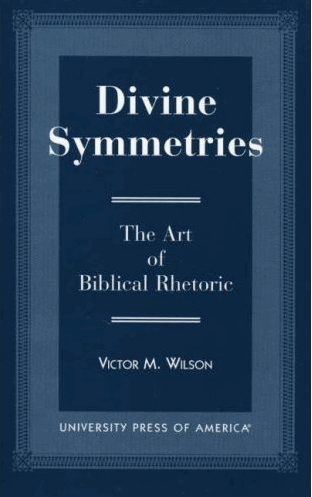
Three survey chapters prepare for discussion of ten biblical books from representative genres spanning Genesis through Revelation. Divine Symmetries considers the relationship of shape to meaning in the pattern of selected units within each book. An appendix on the Sermon on the Mount guides the reader through a practical methodology. Divine Symmetries offers a highly visual approach to seeing the shape of Scripture on the Bible's own terms. Extensive indexes and bibliography are provided.
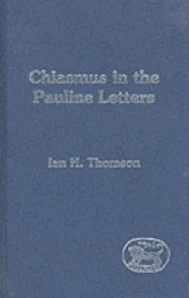
The main purpose of this study is to show how the identification and analysis of chiasmus in the Pauline letters is a far more valuable and precise tool in the exegete's hands than many have previously realized. However, some of the earlier work in this whole field has left an unfortunate legacy that makes it essential to approach it very carefully indeed. Thus, until recently, the perception has been widespread that the study of chiasmus in the New Testament is little more than the esoteric pursuit of a few enthusiasts, whose exuberance in the "discovery" of chiasmus of astonishing complexity in almost every page of the New Testament seems to know no limits. It is not surprising that this has provoked an often justifiable backlash of scholarly skepticism among the more cautious, who feel that many such chiastic patters tell us more about the ingenuity of the commentator than about the intention of the original author.